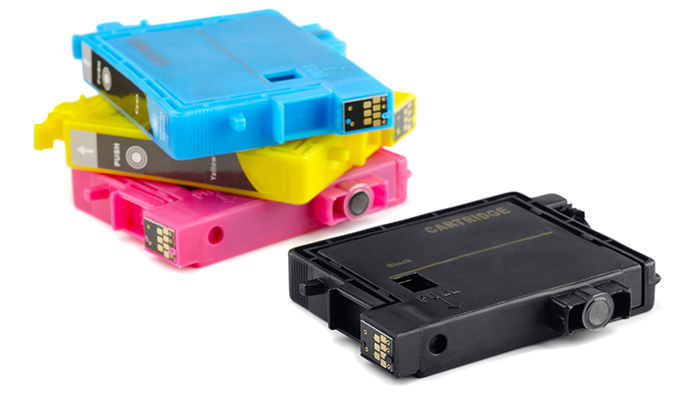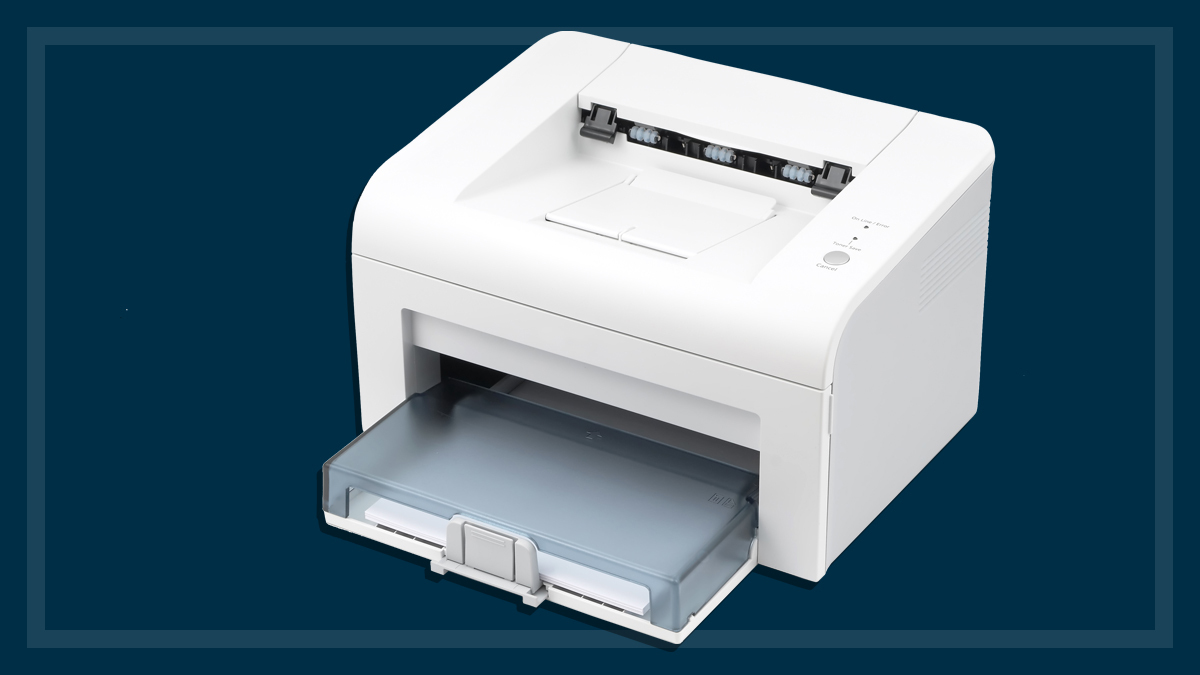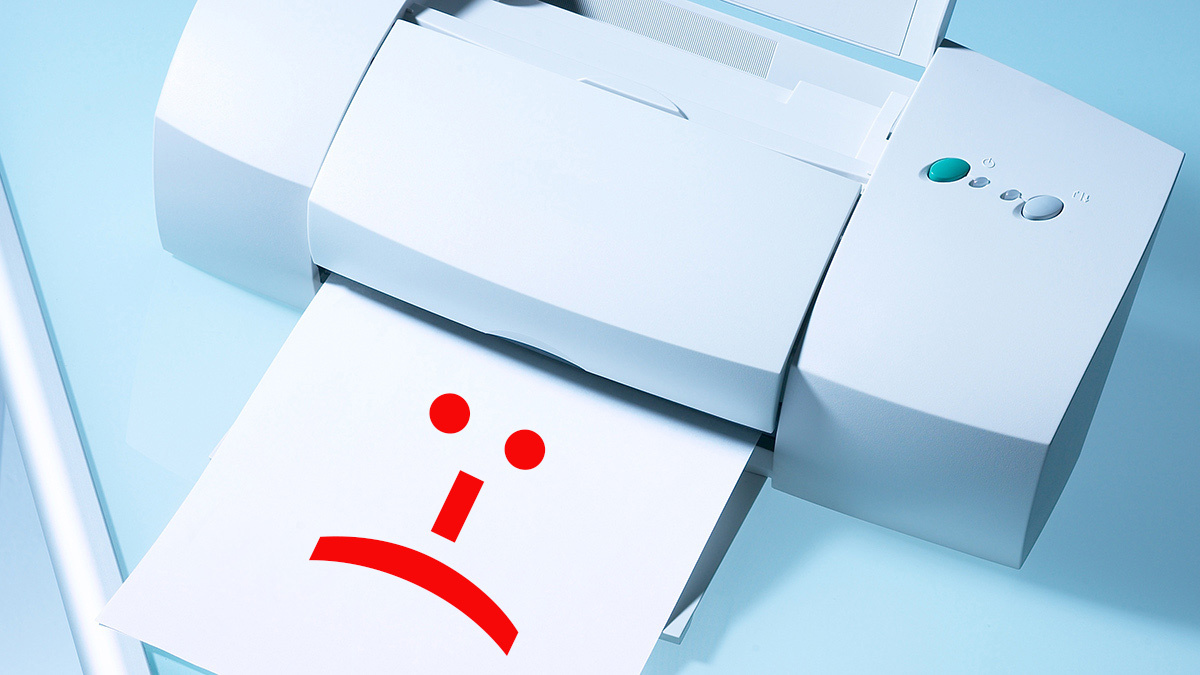Get our independent lab tests, expert reviews and honest advice.
Refilling printer cartridges now has legal protection

Need to know
- In a change to Australian law, the court ruled that a manufacturer's patent rights over a product are exhausted once the product is sold
- The decision allows for all manner of goods to be altered and used in ways the original makers didn’t intend, potentially saving people from paying for overpriced replacement parts
- But companies can still use a variety of tactics to control how their products are used after sale, in an effort to hold on to their aftermarkets
Anyone who’s owned a printer will be familiar with the ritual of paying dearly every time the ink runs out. An $89 printer from the Epson online store, for example, will require you to spend at least $57 in total to replace all the ink cartridges – that’s 64% of the cost of the printer itself.
Like other printer manufacturers, Seiko Epson Corporation (Epson) prefers that you buy only its ink cartridges, and that you buy them over and over again. The company designed its cartridges for single use; they aren’t refillable and even have electronic chips that prevent reuse once they identify the cartridge as being empty.
Profitable market for third parties
But this hasn’t stopped third parties from penetrating this profitable market.
To get around inbuilt barriers to reusing Epson cartridges, Ninestar Image, a Malaysia-based manufacturer, has been reprogramming or replacing the electronic chips and refilling the cartridges with ink by drilling a hole and then resealing it. A company called Calidad then imports and sells the refurbished cartridges in Australia.
A pack of four Calidad Alternate Epson 220XL cartridges sells for $75 from Officeworks while a pack of four original Epson 220XL cartridges costs $128.87 from Printzone. (Printzone doesn’t sell Calidad products and Officeworks didn’t stock this pack when we searched for it.) An equivalent Compatible Epson ink set from Printzone costs even less than Calidad’s, at $31.93.
Epson anxious
Epson is clearly worried. In its latest annual report, the company acknowledges that its ink sales “are an important source of revenue and profit” and that cheaper alternatives sold by third parties put those profits at risk.
To counter this risk, Epson says in the report, it will “take legal measures if any of the patent rights or trademark rights we hold over our ink cartridges are infringed upon” – which brings us to its recent drawn-out court battle with Calidad. In a major shift in patent law, Calidad has won the right to sell refilled Epson ink cartridges in Australia.
New ‘exhaustion’ principle
In the initial ruling in 2019, the Federal Court held that the changes made to Epson cartridges infringed Epson’s patents. The Court applied the reasoning from a 1911 decision in the UK that held that a person who buys a patented product has an “implied licence” to use it only in certain ways.
Calidad appealed to the Australian High Court, arguing it hadn’t infringed Epson’s patents because, once a patented product is sold, the buyer has the right to treat it as their personal property.
In November last year, a majority of the Court agreed, ruling that a patentee’s rights over a product are “exhausted” once the product is sold, “without conditions as to use”.
[The new principle] brings a lot of clarity and certainty for the people who are in the business of recycling and then reselling printer ink cartridges
Ben Hopper, University of Melbourne law lecturer
They also held it was more consistent with consumer expectations and the legal premise that the owner of a product has the right to choose what they do with it – including restoring or reselling it.
Ben Hopper, who lectures on intellectual property and consumer law at the University of Melbourne, says the new exhaustion-of-rights principle “brings a lot of clarity and certainty for the people who are in the business of recycling and then reselling printer ink cartridges”.
And he says it’s not just cartridges that are affected by the judgment. From now on, companies will be less able to deny the restoration and resale of any product simply because they own the patents for them.
Modifying or making?
But lawsuits brought by manufacturers are unlikely to stop with the Calidad ruling. A patentee still has the exclusive right to make its product. The difference now, Hopper says, is that they will “have to show that the recycler, the person selling into the aftermarket, actually made the patented invention anew” in order to prove there was patent infringement.
In other words, where a substantial proportion of a product is restored, the question will be whether the product has been remade, rather than just repaired.
Given the amount of money at stake, for some companies it will be a question worth testing in court – as examples from the US, referred to by the High Court in the Calidad case, show. The outcomes of these cases suggest that the rules of patent protection are evolving in favour of consumers.
Comparable US cases
The US International Trade Commission took Jazz Photo to court for selling refurbished single-use cameras, which the Commission argued infringed the patents of the original manufacturer, Fuji Photo Film.
Hewlett-Packard sued Repeat-O-Type Stencil Manufacturing for altering the single-use cartridges of its ink jet pens so they were refillable.
Kuther, a fish-canning machine maker, sued the company Wilbur-Ellis for modifying its machines so it could pack fish into smaller cans.
In all these cases, the defendants won. The alterations did not amount to making the patented products in question, according to the courts.

UK House of Lords ruling
But in another example, in 2000, the UK House of Lords ruled in favour of a company called United Wire, which made sifting machines used in oil drilling, on the grounds that the defendant, Screen Repair Services, was making – not repairing – United Wire-patented sifting screens.
The House of Lords held that the business was using one component – the frames – of the used screens to make new screens, thereby infringing United Wire’s patents.
Creating a ‘patent thicket’
Even though the Calidad ruling makes clear that you can repair a patented product by replacing used parts, you can only do this if the parts themselves aren’t patented.
Some law firms are now advising manufacturers to apply for patents on individual components of their products, thereby creating what’s known as a “patent thicket”, or a layer of intellectual property protections that extends the manufacturer’s monopoly on the product.
Some law firms are now advising manufacturers to apply for patents on individual components of their products, thereby creating a patent thicket
For instance, Hopper says an ink cartridge maker might seek patents over individual components of a cartridge. So if it has a patent “over the memory chip used within the ink cartridge rather than the cartridge as a whole, and a person then replaces that memory chip… with a new one that falls within the patent, that would be patent infringement because it’s a making of the new memory chip”, he says.
Other obstacles to repair
Patent rights aren’t the only tools that manufacturers use to prevent independent repairs and hinder competition in repair markets. The Productivity Commission outlines several strategies in an issues paper considering a regulated right to repair, released in December last year.
To start with, the original manufacturer of a product is usually the main or only supplier of replacement parts needed to repair the product. Many use specialised tools and software that only they can access, and keep their repair manuals to themselves.
Car industry
When the ACCC carried out a market study of the car industry in 2017, it found that these practices were common among car retailers, and that they limited choice and caused delays and unexpected costs for people seeking car repairs.
In December 2020, the Australian government released draft legislation for a mandatory information-sharing scheme for motor vehicle service and repair.
The scheme will force car manufacturers to make any service and repair information they share with their dealership networks in Australia available to independent repairers to buy at a “fair market price”. (Submissions on the legislation are due by 31 January 2021.)
Many companies refuse to service products or void their warranty if they’ve been fixed by an independent repairer
Companies in other industries may also use copyright or confidentiality protection to stop any sharing of information that would help independent repairers. Many companies refuse to service products or void their warranty if they’ve been fixed by an independent repairer.
Toshiba
Toshiba forced an Australian man to take down the company’s laptop manuals from his website, which he had created to help people repair their laptops. Toshiba claimed he was infringing the company’s copyright.
Apple
When some iPhones and iPads had software faults after an update to their operating system in 2015, Apple refused to give customers a remedy if their device had been independently repaired before.
The ACCC took Apple to court for making false or misleading representations to customers about their rights under the Australian Consumer Law, which states that you’re entitled to a repair, replacement or sometimes a refund if a product you buy is faulty.
The Federal Court held that just because an Apple device had been repaired by someone other than Apple, this didn’t mean a consumer’s right to a remedy was extinguished.
In the US and in Norway, Apple used trademark laws to stop refurbished iPhone screens – which the company claimed were counterfeits – from being imported.
A right to repair?
It’s no wonder that some are arguing for regulations that grant us a right to repair.
The Productivity Commission says such a right, in essence, “relates to the ability of consumers to have their products repaired at a competitive price by the repairer of their choice”.
This could involve a requirement of manufacturers to make repair information and tools publicly available, for example, or to make spare parts for a given period.
Environmental cost of limited repair options
Although manufacturers claim a right to repair would compromise repair quality, consumer safety and data security, advocates say it would result in more choice and competition in repair markets, and less waste.
Electronic and electrical products, including ink cartridges, are a case in point: in 2019, Australia produced about 539,000 tonnes of e-waste, which is more than the estimated weight of all of the northern hemisphere’s blue whales combined.
In 2019, Australia produced about 539,000 tonnes of e-waste – more than the estimated weight of all the northern hemisphere’s blue whales combined
The proportion of e-waste in Australia that gets recycled has almost doubled in the past decade or so. But at least half of it still ends up in landfills, where hazardous substances can leach into the environment.
The figures probably overestimate recycling rates too, as illegal dumping is hard to measure and much of the e-waste earmarked for recycling gets sent overseas, sometimes with little regard for what actually happens to it once it has left Australia.
Easier to replace than repair
The growth of e-waste is hardly surprising given the rapid rise in the number of products that incorporate complex computers and software, including cars, fridges and coffee machines.
These developments, the Productivity Commission writes, have made repairing many goods all the more complicated and costly – often making replacement with a new item a more appealing choice.
Repairs of consumer products are becoming more difficult… resulting in costly and wasteful outcomes for both consumers and broader society
Productivity Commission
“In recent years, concerns have been raised around the world that repairs of consumer products are becoming more difficult (sometimes impossible), and that this is resulting in costly and wasteful outcomes for both consumers and broader society,” the Commission says.
At the same time, they note, there’s been an upswing in ‘repair cafes’ and self-repair hobbyists.
Rethinking our repair rights
The High Court’s recent decision involving ink cartridges brings a measure of certainty for these repairers, and appears to be part of a greater rethink of our right to repair the products we buy.
But whether the Productivity Commission’s inquiry on the matter helps extend these rights remains to be seen. (Submissions to the inquiry close on 1 February 2021.)





